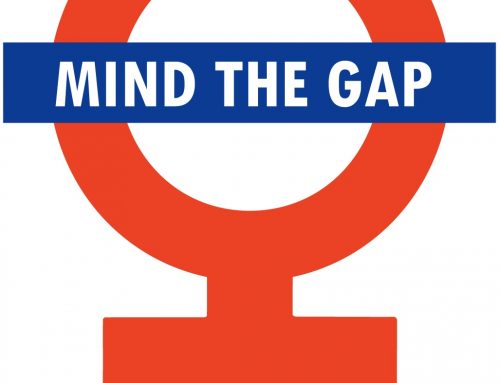 A recent study of Harvard Business School alumni revealed interesting insight into the workplace gender gap. Divergent expectations among men and women may be partly to blame for the dearth of female executives.
A recent study of Harvard Business School alumni revealed interesting insight into the workplace gender gap. Divergent expectations among men and women may be partly to blame for the dearth of female executives.
An article in the New York Times examined the study. Women who planned to pursue executive positions assumed that child care and home keeping activities would be equally shared, allowing them to pursue their careers. Men, on the other hand, also assumed that they would continue their ascent up the corporate ladder. The crucial difference is that they did not see themselves as being instrumental in child care and housework. According to the study, 60% of men believed that their careers would take precedence over their wives’ careers and further, 80% of men assumed that their wives would handle the majority of child care and housework. Their expectations were met, while women’s expectations of shared child care and home keeping were not. These findings are aligned with another statistic mentioned in the article. Female executives with children spend about 25 hours per week on child care, while male executives spend 10 hours on child care.
According to this study, women do want to lead and expect to do so. However, their expectations run afoul of a crucial support network: their husbands. Women, at least among the graduates of Harvard Business School, admittedly a select few, expect that they will hold executive positions just as their husbands will. Except that their husbands expect them to care for the house and kids, too. So women are left to run the kids to activities, tend to doctors’ appointments, and chair board meetings. And these women are not “opting out:” only 11 percent of those surveyed had left the workforce to care for children.
Interestingly, this was a cross-generational phenomenon. Baby boomers, Generation X-ers, and Millennials all had the same “expectation gap.” 50% of millennial men believed that their careers would take precedence over their wives’ careers, while only 26% of their female counterparts believed the same.
Lest we think this issue is a problem among business school graduates, a recent study by branding firm Universum found a similar expectation gap among undergraduates, this time in the realm of earnings. Women expected to earn an entry level salary of $49,248. Men expected to earn $56,947. These expectations are on par with the reality in society today, where women earn about 77 cents for every dollar a man earns.
The illustration of these two studies is remarkable. The gap is real, and quantifiable. It is institutional in the sense that we do not have legislation or government regulation to require equal pay, and that corporations often make it uncomfortable for working mothers. But what is more alarming is that it can also be found at the level of individuals in married relationships. Could our expectations perpetuate the gender gap? And if we can change the reality of those expectations, what will that do for gender parity?





